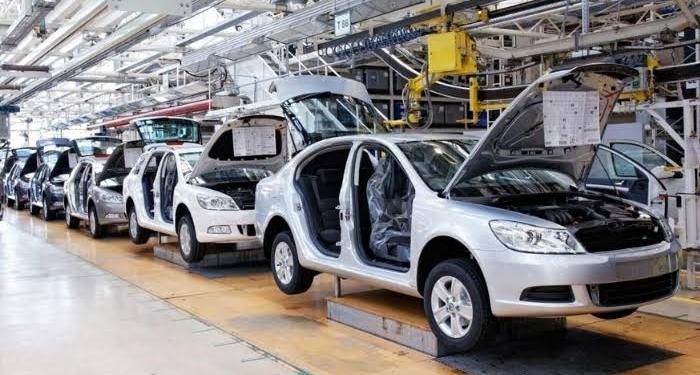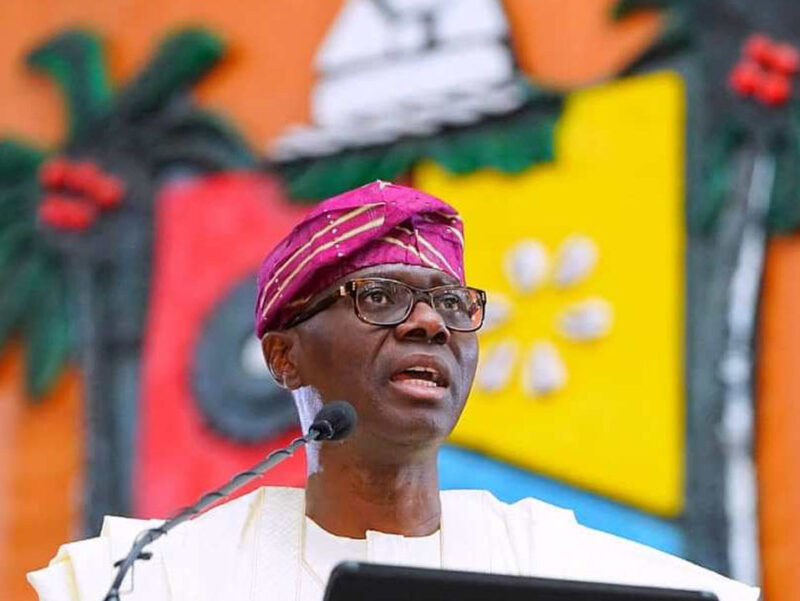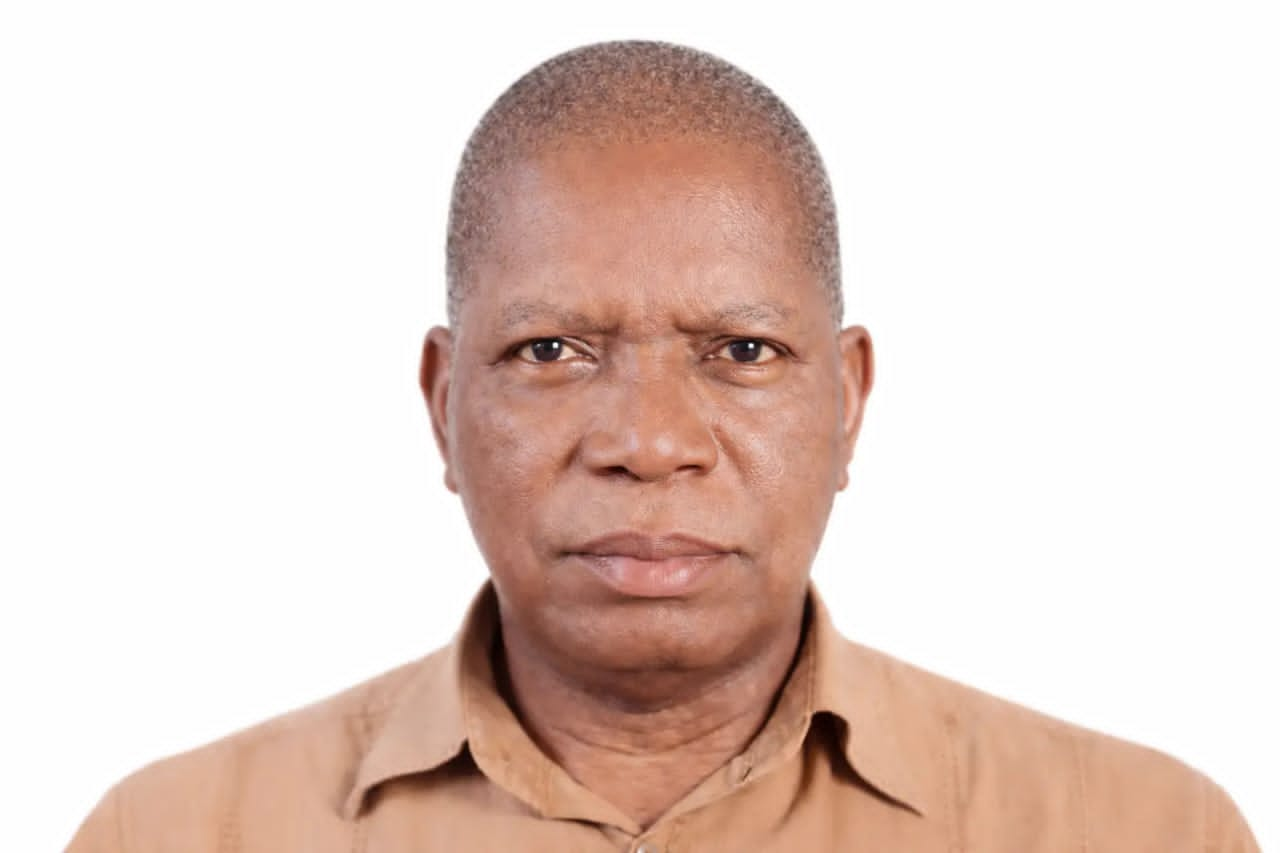Nigeria’s Federal Government is advancing plans to produce electric vehicles locally, aiming to boost the economy and promote sustainability.
[dropcap]T[/dropcap]he Nigerian Federal Government, through the National Automotive Design and Development Council (NADDC), is paving the way for local electric vehicle (EV) manufacturing in a strategic collaboration with a Moroccan automotive firm.
The initiative is part of a comprehensive plan to stimulate Nigeria’s automotive industry, reduce reliance on imported vehicles, and support sustainable energy transitions in transportation.
Also read: FG approves 50% electricity subsidy for hospitals
NADDC Director-General, Joseph Osanipin, revealed that this collaboration emerged from the recent Nigeria-Morocco business forum, where he outlined substantial investment opportunities within Nigeria’s automotive industry.
Highlighting areas such as local components manufacturing, electric vehicle infrastructure, and gas-powered vehicle production, Osanipin underscored the growing potential for Nigeria to become a competitive player in EV manufacturing.
Osanipin noted that NADDC is actively engaging with Morocco’s E-move Vehicles Company, a leading manufacturer of electric motorcycles, tricycles, and batteries, which also plays a significant role in energy storage solutions.
The collaboration aims to harness E-move’s expertise in battery technology and affordable EVs for local production in Nigeria. According to Osanipin, this would not only drive job creation but also align with Nigeria’s energy transition goals in the mobility sector.
“We visited E-move Vehicles Company, which manufactures electric motorcycles, tricycles, and batteries,” Osanipin said. “Our primary objective is to encourage their production in Nigeria, which will enhance our mobility energy transition and create substantial employment opportunities.”
NADDC’s delegation also visited Morocco’s Univers Acier Steel, a key player in auto parts manufacturing, as well as the National Center for Homologation, Morocco’s automotive regulatory agency.
During these visits, the Nigerian team assessed Moroccan manufacturing regulations and inspected products that could potentially be produced in Nigeria for export.
Osanipin emphasised that these meetings provided a valuable insight into Morocco’s automotive regulations, inspections, and testing protocols, setting the groundwork for Nigeria to improve quality control and regulatory standards within its own automotive sector.
Additionally, the NADDC team visited multiple testing centres, including Cetiev, Morocco’s technology partner for automotive industries.
This facility conducts rigorous testing of vehicle parts to meet homologation standards, ensuring only high-quality products reach the market.
The tour highlighted the significant role of stringent testing in maintaining automotive quality standards, an approach NADDC aims to implement in Nigeria.
Reflecting on the Morocco visits, Osanipin described the experience as pivotal, stating, “These meetings marked the start of invaluable collaboration and knowledge-sharing in automotive development.
We learned about stringent testing and homologation practices, and our return has sparked plans to implement these standards to drive tangible outcomes in Nigeria’s automotive sector.”
The partnership underscores Nigeria’s commitment to advancing its automotive manufacturing capabilities and environmental sustainability by positioning EVs as a strategic focal point.
This collaboration, Osanipin added, will accelerate Nigeria’s goal to become an automotive production hub, while also contributing to broader economic growth and sustainable transportation initiatives.





























